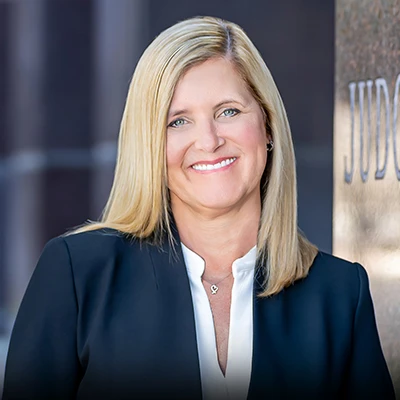Port St. Lucie Premises Liability Attorneys
Falls, dog bites, and swimming pool drownings are the most common premises liability incidents. The injuries these victims sustain are often quite serious, especially if they have a pre-existing condition. Elderly falls are a good example. Frequently, the first fall is not that serious. But if the person falls again, that incident often confines the person to a nursing home, or even much worse.
Although these claims are complex, the diligent Port St. Lucie premises liability lawyers at Smith, Ball, Báez & Prather Injury Lawyers quickly evaluate your situation and identify all possible claims and defenses. Then, we collect evidence on your behalf and prepare your case. In our experience, the Port St. Lucie premises liability attorneys who do their homework typically do well at test time.
Duty of Care
The biggest part of a claim evaluation is determining the legal duty involved. Duty is the foundation of a negligence claim.
In Florida, the level of legal responsibility usually depends on the relationship between the property owner and victim, as follows:
-
Invitee: These people have direct or indirect permission to be on the property, and their presence benefits the owner in some way. So, almost every shopper, employee, or social guest is an invitee. In these situations, the owner has a duty of reasonable care to keep people safe.
-
Licensee: A guest of a hotel guest is usually a licensee. These individuals have permission to be on the property, but there is no benefit. So, the duty of care is lower. Most owners must only warn most licensees about latent (hidden) defects.
-
Trespasser: This pejorative term simply means visitors who have no explicit permission to be on the property and who do not benefit the owner. Typically, there is no duty in these instances. Some legal doctrines protect some child trespassers.
The invitee duty of care is not just a one-time responsibility. These owners must also frequently inspect the premises and ensure that there are no wet spots, loose dogs, malfunctioning pool drains, or other safety hazards. Posting a warning sign might not be enough. More on that below.
Liability Issues
Owners are responsible for damages if they had a duty, they knew or should have known about the hazard, and they do not have a valid defense.
Direct evidence of actual knowledge includes things like cleanup on aisle three announcements, restroom cleaning reports, and unaddressed repair estimates.
Circumstantial evidence of constructive knowledge (should have known) usually involves the time-notice rule. Think about a piece of lettuce on a grocery store floor. If a victim slips and falls on a crisp piece of lettuce, it probably just fell, so there is no duty. But if the lettuce was dry or wilted, it had probably been on the floor for some time, and the owner should have picked it up.
The assumption of the risk defense, which usually involves a warning sign, is probably the most common insurance company defense in these matters. It applies if the victim:
- Voluntarily assumed
- A known risk.
The second bullet is usually the hardest element for the insurance company to prove. A sign is not enough. Insurance company lawyers must prove, by a preponderance of the evidence, that the victim saw the sign, could read the sign, and could understand what the sign meant.
Contact an Experienced Port St. Lucie Premises Liability Lawyer
Owners have a duty to prevent falls and other premises liability injuries. For a free consultation with an experienced premises liability attorney in Port St. Lucie, contact Smith, Ball, Báez & Prather Injury Lawyers. Attorneys can connect victims with doctors, even if they have no insurance or money.




